How Mental Health & SUD Bias Impact ED Physical Care
Physician's Weekly
JUNE 19, 2025
Mental health and SUD bias impact the quality of ED care that patients with these conditions receive for physical health concerns, according to research. Embedding a psychiatric registered nurse or SUD counselor can decompress boarding and free physicians to manage medical presentations. Safety net at capacity. Clarify ED scope.

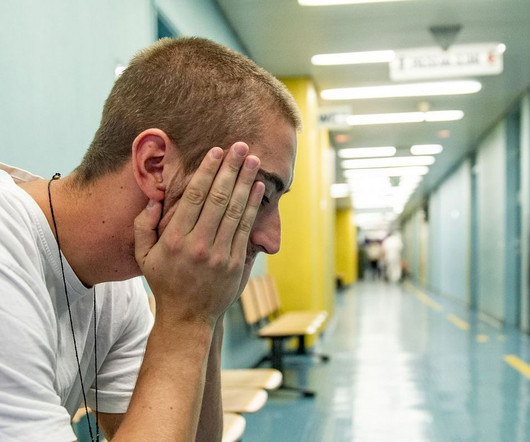


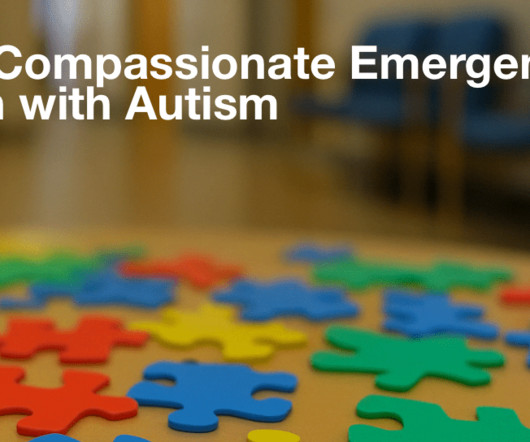
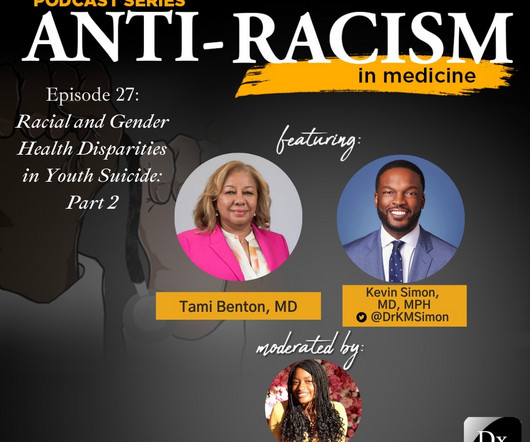





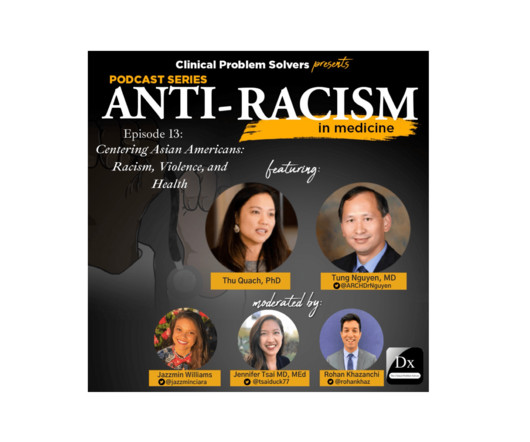



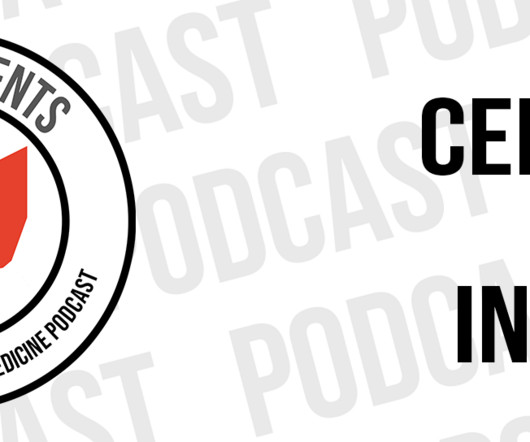
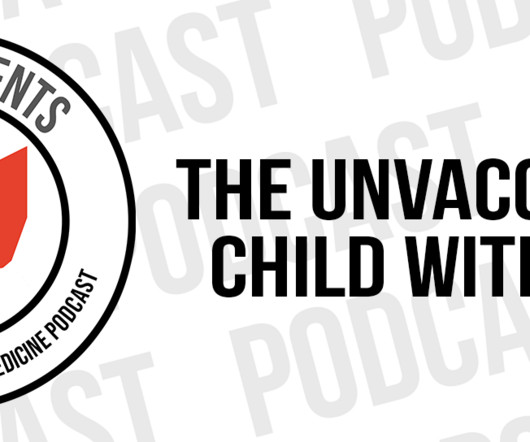







Let's personalize your content